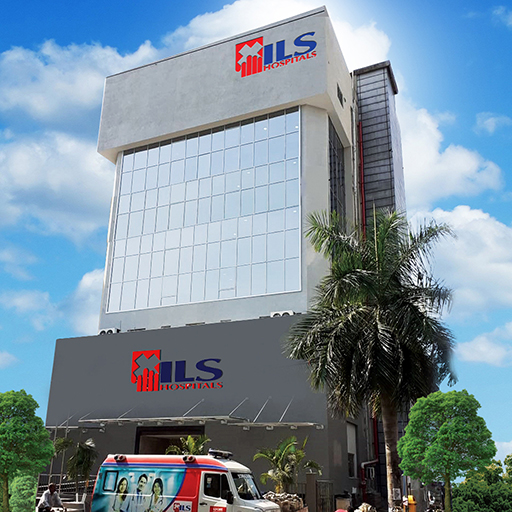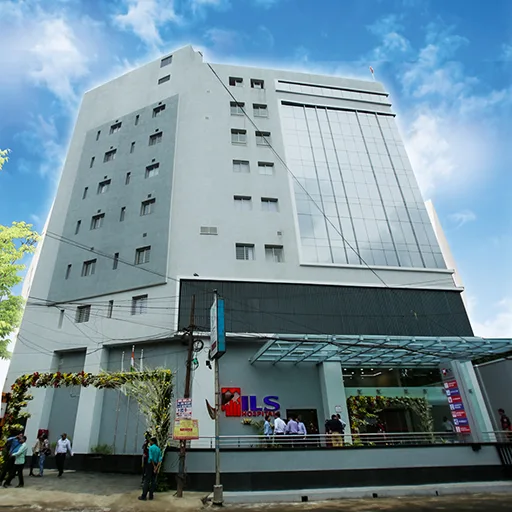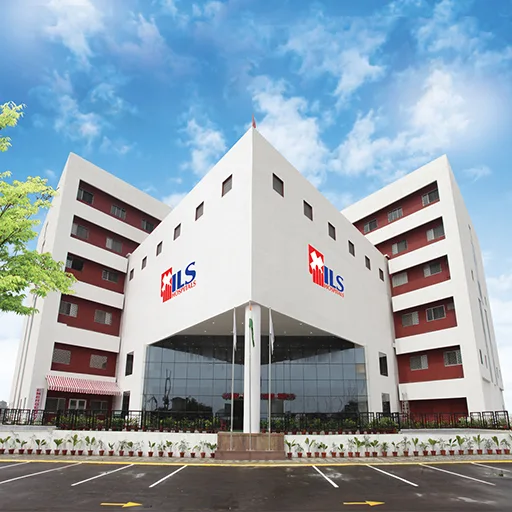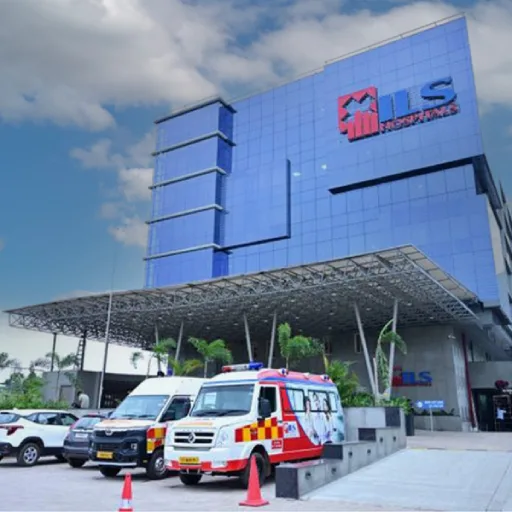Revolutionizing Urological Care: A Comprehensive Guide to RIRS at ILS Hospitals
In the realm of urology, staying at the forefront of technological advancements is crucial for providing optimal patient care. At ILS Hospitals, we take pride in offering cutting-edge urological procedures, and one such breakthrough is Retrograde Intrarenal Surgery (RIRS). This minimally invasive technique has revolutionized the diagnosis and treatment of various kidney and ureteral conditions.
Unveiling RIRS: What is it?
Retrograde Intrarenal Surgery (RIRS) is an advanced urological procedure designed to address kidney stones and other conditions affecting the upper urinary tract. Unlike traditional methods that may require incisions, RIRS offers a minimally invasive approach by utilizing a flexible ureteroscope to access and treat the affected area from within the urinary tract.
Conditions Treated with RIRS:
Kidney Stones: RIRS is highly effective in treating kidney stones, providing a less invasive alternative to surgical interventions. The ureteroscope allows urologists to visualize and fragment stones, facilitating their natural passage through the urinary system.
Ureteral Strictures: For patients with ureteral strictures, RIRS enables precise intervention. The flexible ureteroscope can navigate through narrow passages, allowing urologists to address strictures with greater accuracy.
Tumours and Lesions: RIRS plays a crucial role in the diagnosis and treatment of tumours or lesions in the kidney or ureter. The ureteroscope allows for real-time visualization, biopsy, and, if necessary, targeted treatment of abnormal tissue.
Pyeloplasty: In cases of ureter pelvic junction (UPJ) obstruction, where the connection between the ureter and the kidney is blocked, RIRS can be employed to perform pyeloplasty, a reconstructive procedure to alleviate the obstruction.
The RIRS Procedure:
- Preparation: Before the procedure, patients may undergo imaging tests to precisely locate the stone or affected area.
- Anaesthesia: RIRS is typically performed under general anaesthesia, ensuring patient comfort throughout the procedure.
- Insertion of Ureteroscope: The flexible ureteroscope is gently inserted through the urethra, bladder, and into the affected part of the kidney or ureter.
- Visualization and Treatment: The ureteroscope’s camera provides real-time images, allowing urologists to visualize the condition. Laser technology may be used to fragment kidney stones or address other abnormalities.
- Post-Procedure Care: After RIRS, patients are monitored for a brief period and given post-operative care instructions, including hydration and pain management.
Advantages of RIRS at ILS Hospitals:
- Minimally Invasive: RIRS avoids the need for external incisions, minimizing trauma to surrounding tissues and expediting recovery.
- Precision and Safety: The flexibility and advanced imaging capabilities of the ureteroscope enhance precision in diagnosis and treatment while minimizing the risk of complications.
- Reduced Recovery Time: Patients undergoing RIRS often experience shorter recovery times compared to traditional surgical approaches.
Conclusion:
RIRS stands as a testament to the continuous evolution of urological care, offering patients a less invasive yet highly effective solution for kidney and ureteral conditions. At ILS Hospitals, our dedicated urology team is committed to leveraging advanced techniques like RIRS to ensure the best possible outcomes for our patients. If you or a loved one is dealing with kidney stones or other urological issues, consider consulting our expert urologists to explore personalized and innovative treatment options.









































